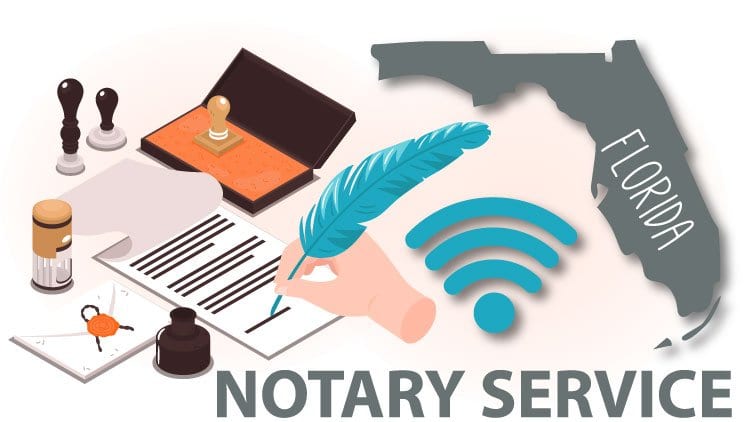Skilled Conveyancer: Facilitating Smooth Real Estate Transactions
Skilled Conveyancer: Facilitating Smooth Real Estate Transactions
Blog Article
Vital Overview to Notarial Work: Everything You Required to Learn About Notary Services
Whether you are a skilled notary public or taking into consideration entering this renowned profession, understanding the details of notarial obligations and the nuances of notarized files is paramount. The world of notary services is an interesting tapestry of lawful demands, honest requirements, and meticulous procedures that shape the structure of lots of purchases.
Understanding Notarial Obligations
Notaries play a crucial role in validating the authenticity of lawful documents. As neutral witnesses, notaries accredit the signing of vital papers to stop fraud and make sure the validity of the papers involved. Understanding notarial obligations is necessary for both the notary public and the individuals involving their solutions.
Notarial duties encompass a series of obligations that differ relying on the territory. Notaries need to validate the identities of the signatures, confirm that they are authorizing voluntarily and purposefully, and ensure that they understand the components of the record. Additionally, notaries are accountable for examining the legality of the file and confirming that it fulfills all the required demands for it to be thought about legitimate.
Types of Notarized Papers
Different lawful documents need registration to confirm their authenticity and guarantee compliance with relevant legislations and guidelines. One common kind of notarized document is a power of lawyer, which gives someone the legal authority to act on part of one more individual in specific issues. Property deals commonly entail notarized records, such as actions, home mortgages, and lease arrangements, to provide guarantee to all events entailed. Additionally, wills and trusts may need registration to stop disputes over the distribution of properties after a person's death.
Legal sworn statements, which are sworn statements made under oath, are regularly notarized to add trustworthiness and reliability to the statement. Lending documents, consisting of promissory notes and car loan agreements, are additionally frequently notarized to make certain the terms of the lending are clearly comprehended and set by all celebrations. Finally, fostering documents, marriage certificates, and separation decrees are examples of essential documents that frequently require registration to license their credibility and lawful legitimacy.
Registration Refine Step-by-Step
When involving in the registration process, individuals need to stick to certain actions to make certain the record's credibility and lawful conformity. The initial action is to provide the file to the notary public and offer identification to verify identity. Conveyancer. The notary will after that validate that the private signing the file understands its contents and is doing so voluntarily. Next off, the notary will administer an oath or affirmation, relying on the kind of paper being notarized. Following this, the notary will complete the notarial certification, that includes the day, the notary's trademark, seal, and any kind of various other needed info. The notary will after that mark or secure the file to complete the notarization procedure. It is crucial for people to comply with each step meticulously to make certain the paper's validity and to avoid any kind of legal issues address in the future. By sticking to these steps, people can ensure the document's credibility and compliance with lawful requirements.
Importance of Notarial Certificates
One vital element of the registration procedure that makes sure the record's lawful validity and authenticity is the inclusion of a notarial certificate. A notarial certification is a critical component of notarized papers as it functions as an official declaration by the notary public validating that the individual signing the record did so willingly and voluntarily. This certificate commonly consists of essential details such as the day of registration, the name of the endorser, the kind of identification supplied, and the notary's seal and trademark.
By connecting a notarial certificate to a document, the notary public is certifying that the necessary treatments were adhered to, and the endorser's identity was verified. Without a correctly executed notarial certification, the legitimacy of a paper may be called into inquiry, possibly leading to legal disputes and challenges concerning its credibility.
Tips for Notary Public Success
Accomplishing success as a notary public requires a mix of proficiency, focus, and expertise to information. To stand out in this duty, it is vital to stay upgraded on notary regulations and policies. Continuously informing on your own on the current changes in the area will ensure you are supplying trustworthy additional reading and accurate solutions to your clients.
Preserving a high degree of professionalism is crucial to constructing count on with customers. Clothing appropriately, preserving a well-mannered disposition, and appreciating customer confidentiality are all important elements of professionalism and reliability in the notary public career.

Furthermore, excellent communication skills are important for a successful notary public. Plainly clarifying the notarization procedure to clients, responding to any type of inquiries they may have, and providing clear guidelines can help construct a favorable credibility and attract repeat business. By concentrating on experience, professionalism and trust, interest to detail, and communication, notaries can boost their success in the field.

Conclusion

Whether you are an experienced notary public or considering entering this well-regarded occupation, understanding the ins Get the facts and outs of notarial responsibilities and the subtleties of notarized documents is extremely important. Following this, the notary will finish the notarial certificate, which consists of the day, the notary's signature, seal, and any kind of other called for information. A notarial certification is an essential part of notarized documents as it offers as a main statement by the notary public validating that the individual signing the record did so willingly and willingly. By attaching a notarial certificate to a record, the notary public is certifying that the needed treatments were followed, and the signer's identification was verified. By complying with the correct treatments and utilizing notarial certificates successfully, notaries can provide important solutions to people and businesses in need of paper confirmation and verification.
Report this page